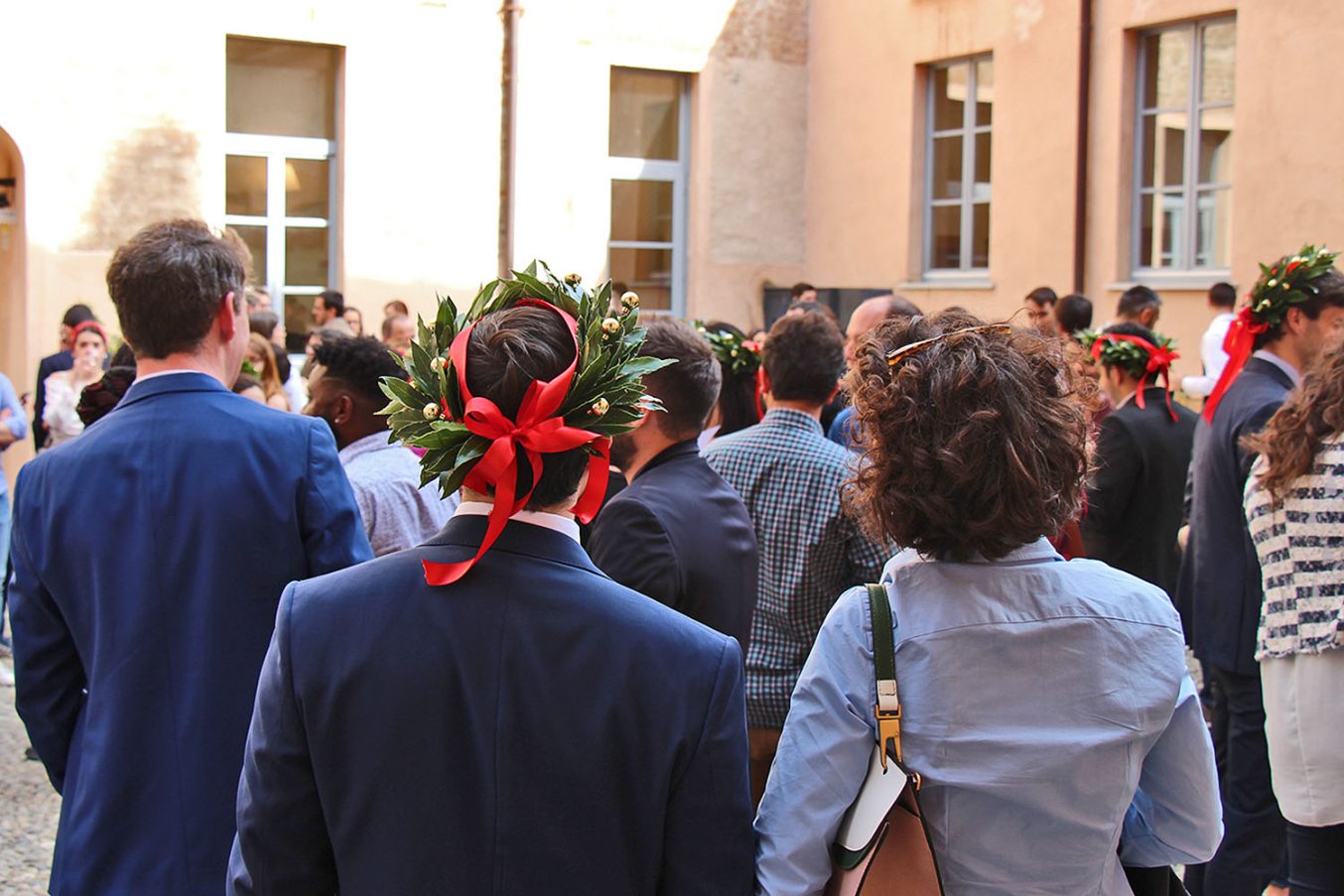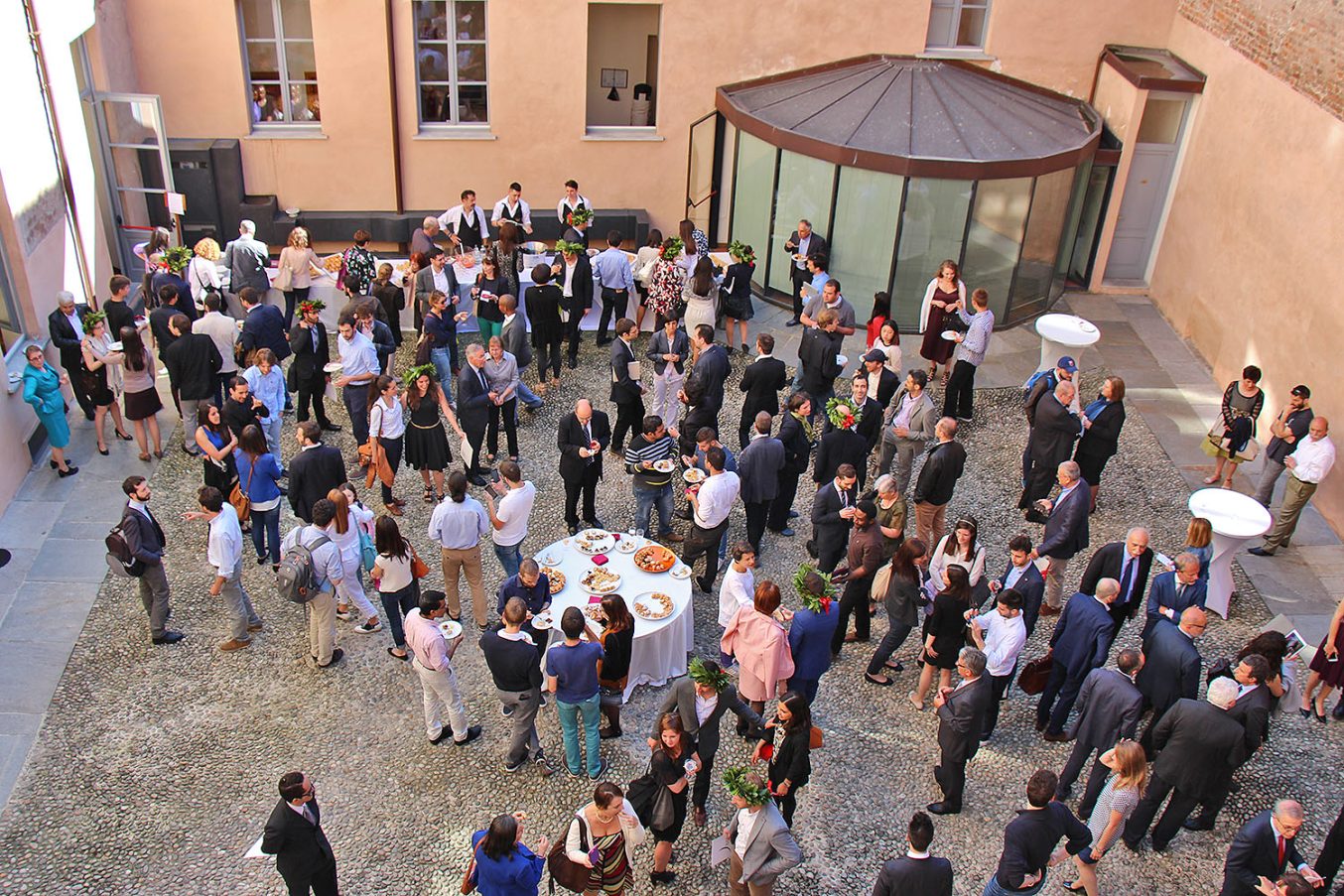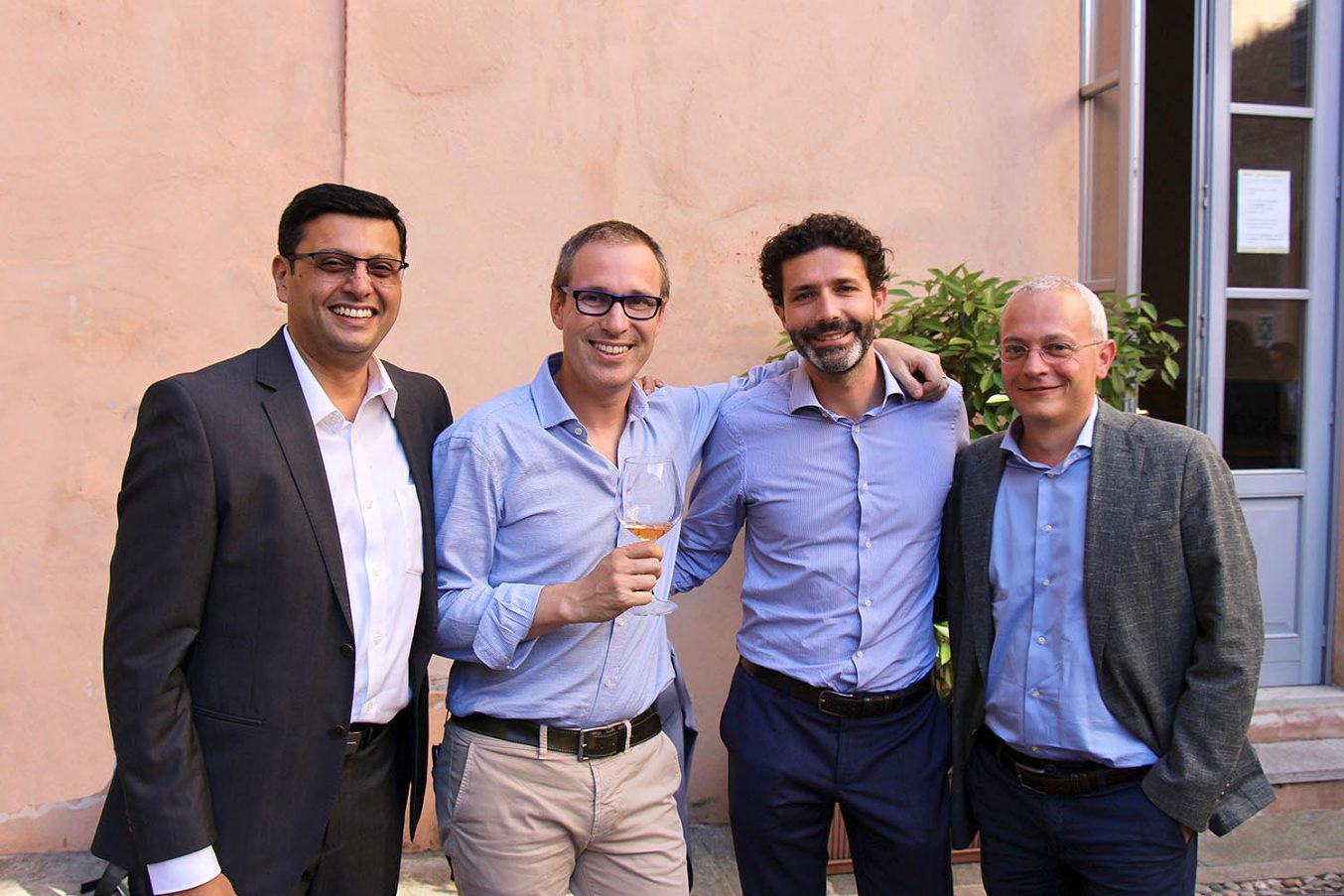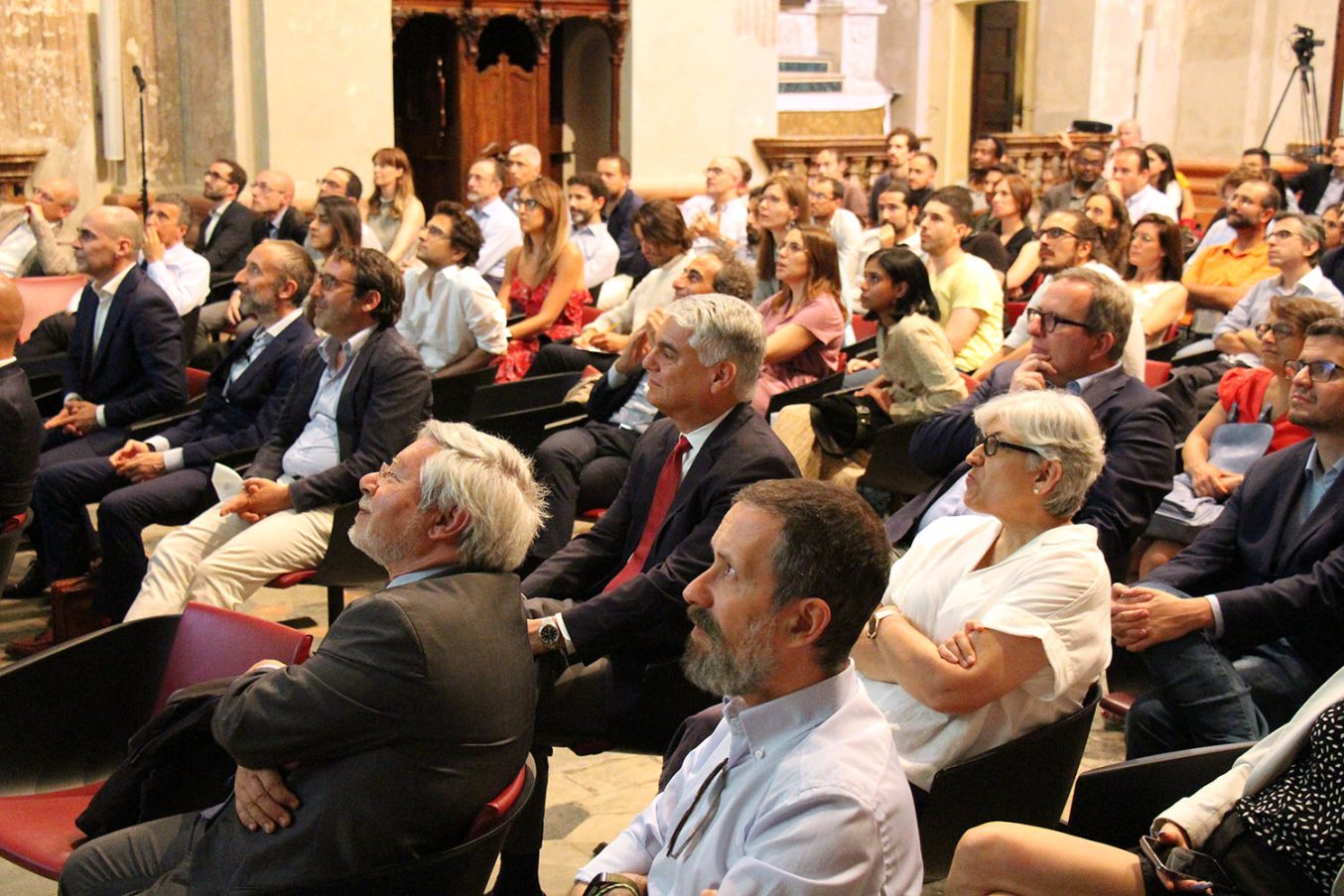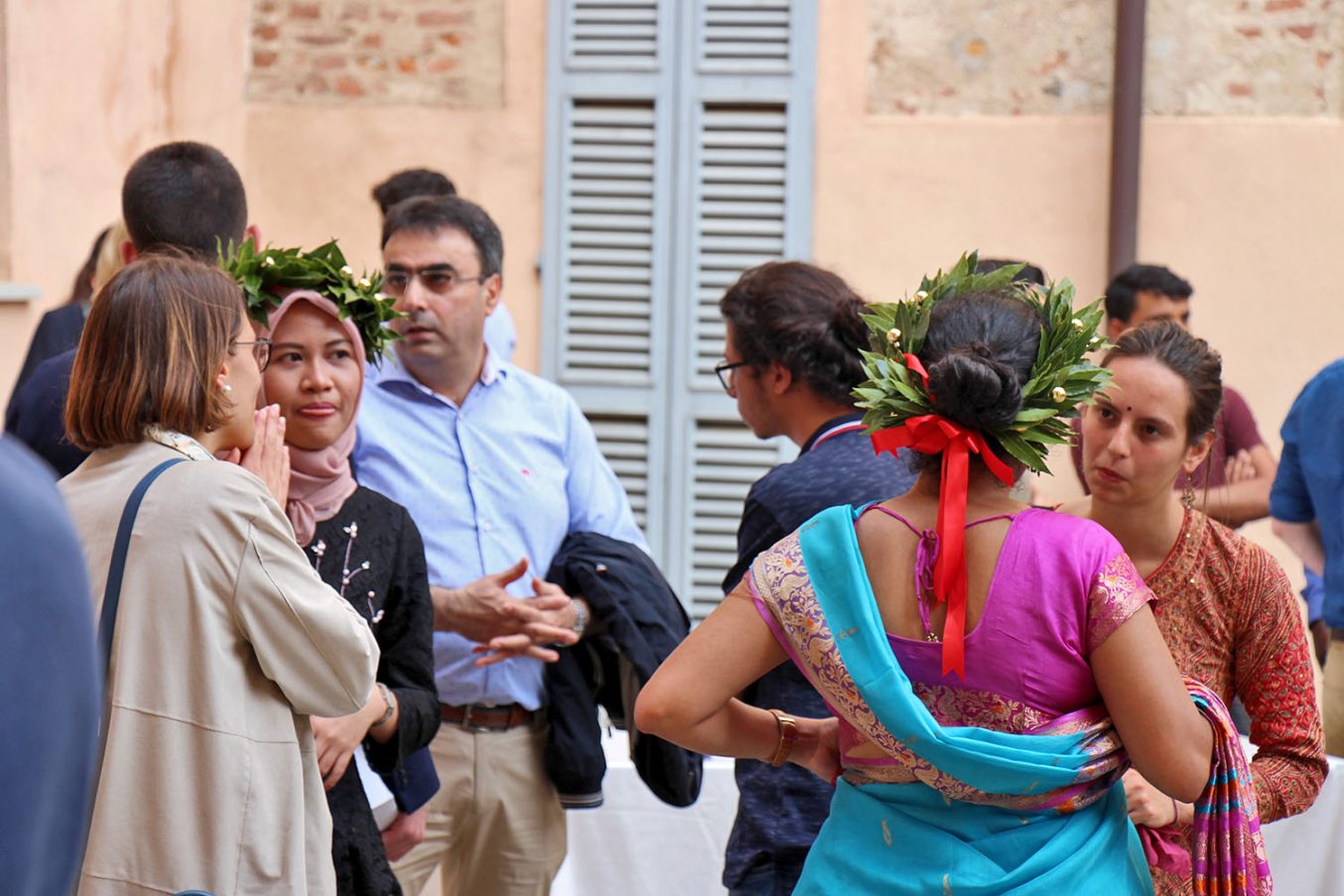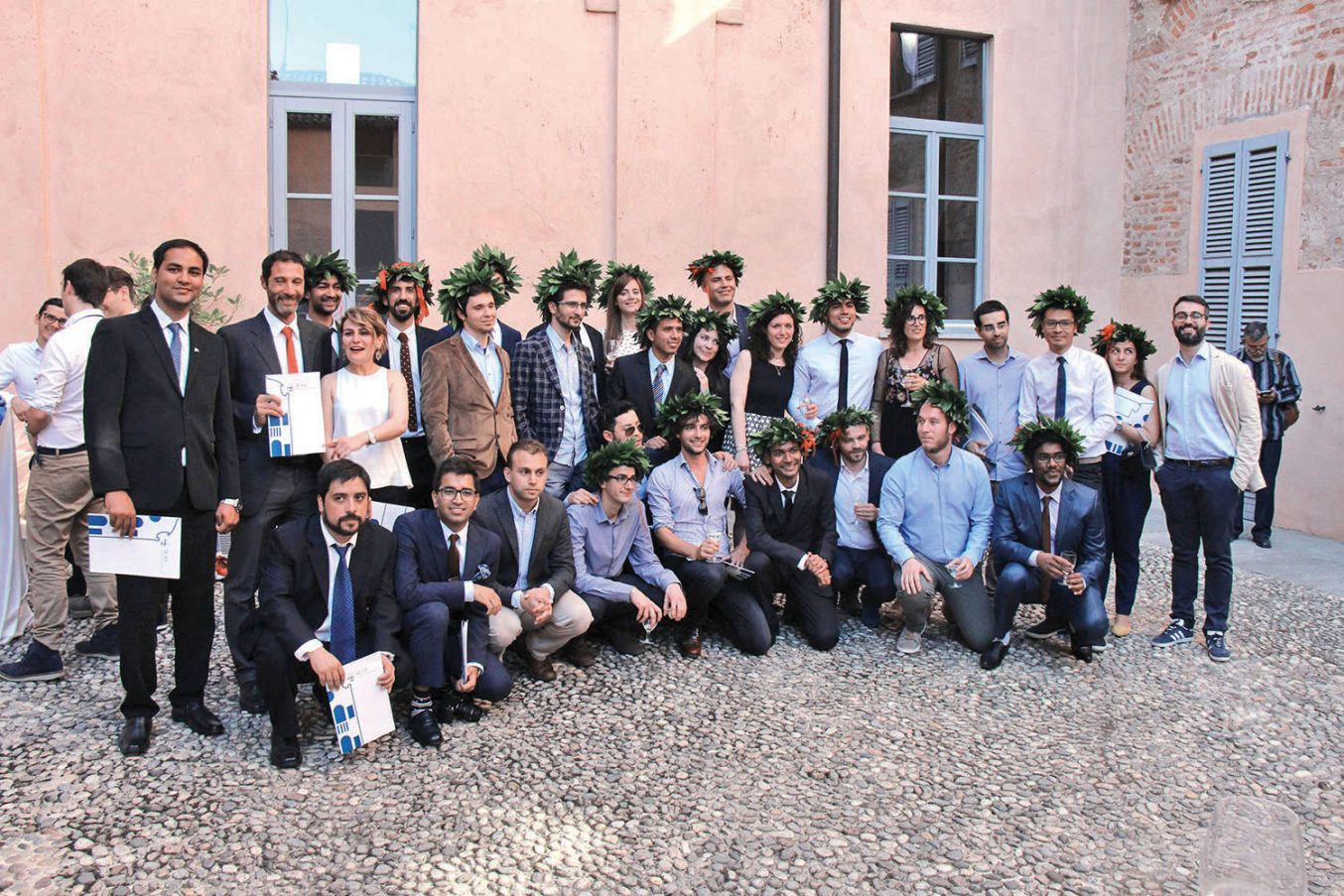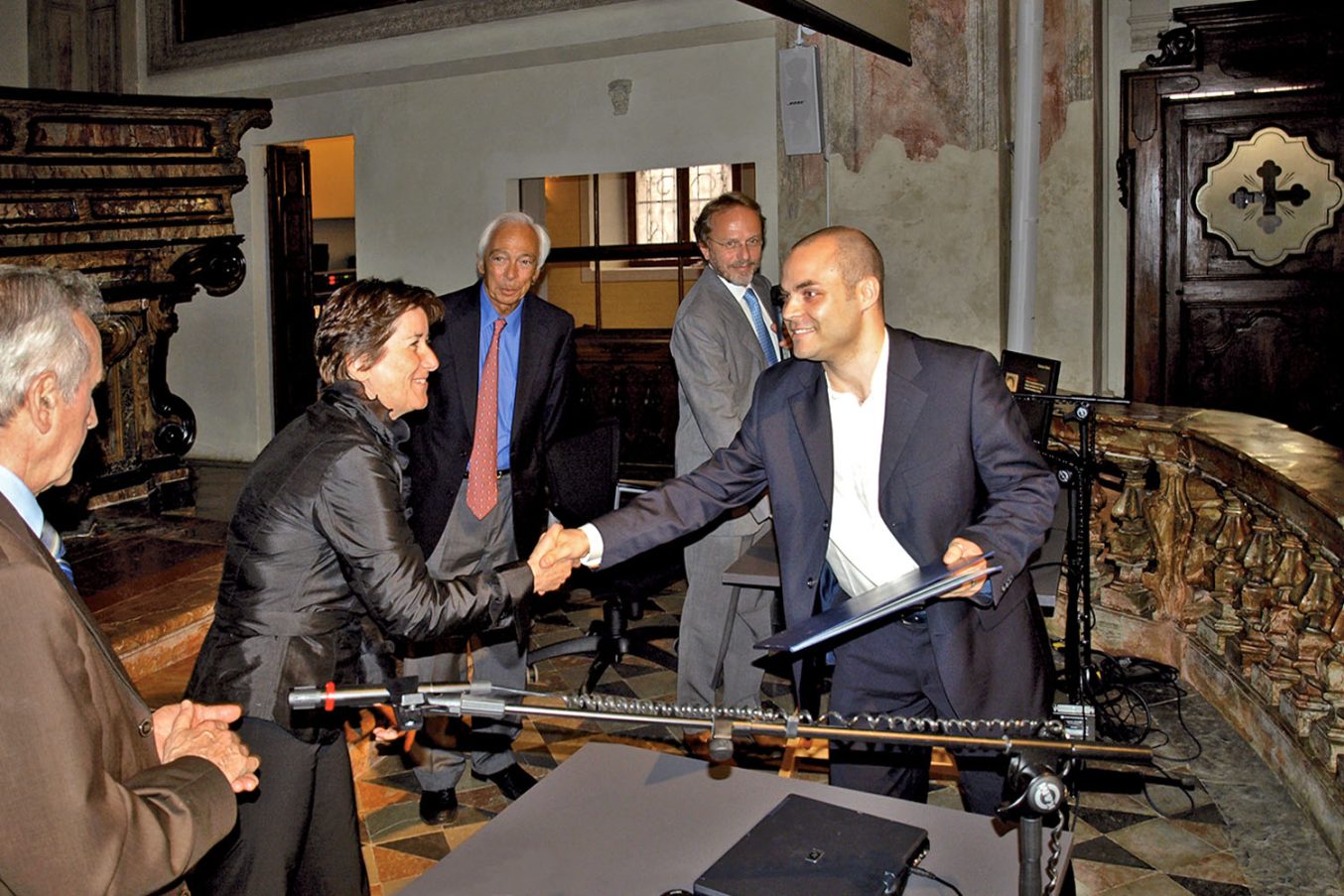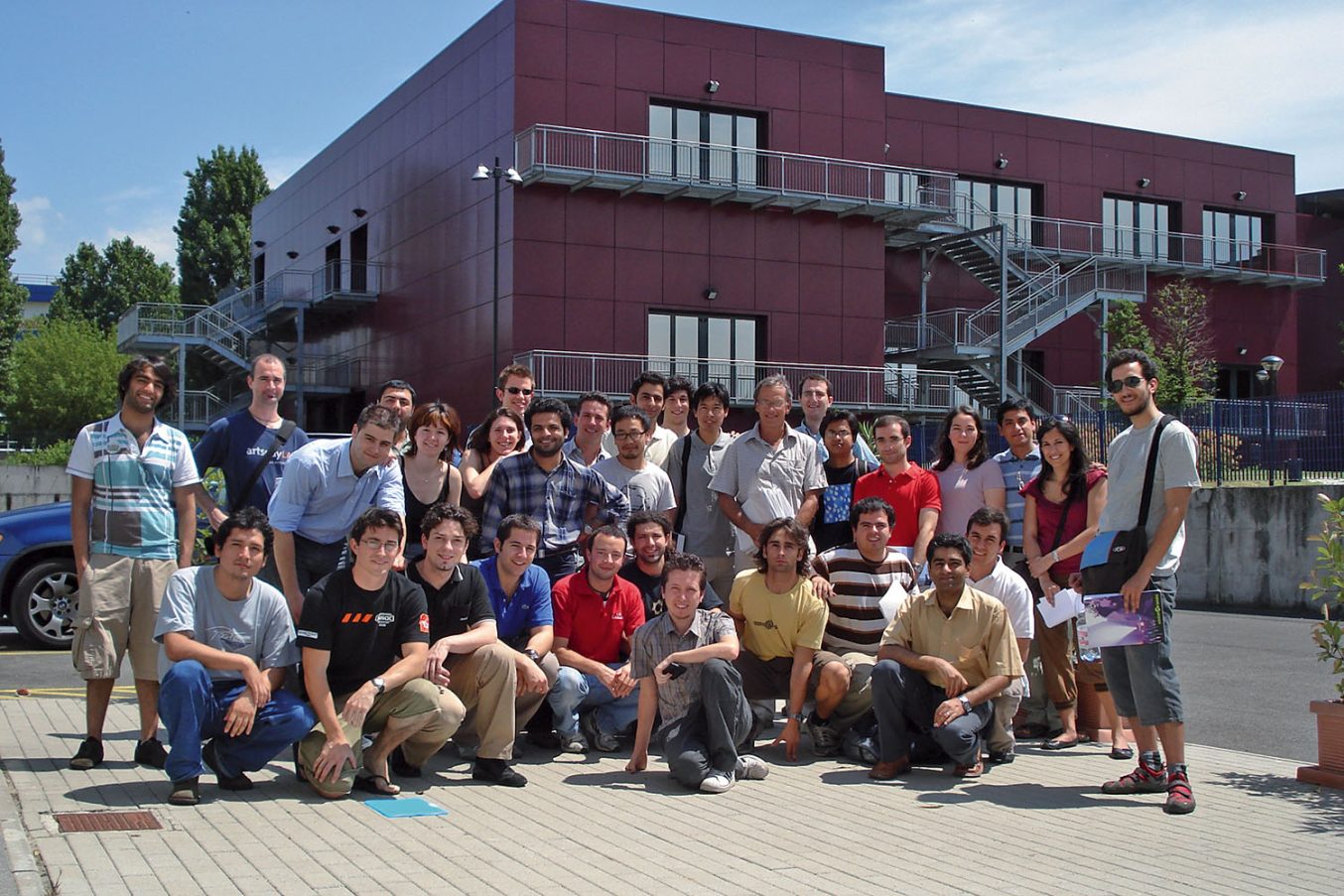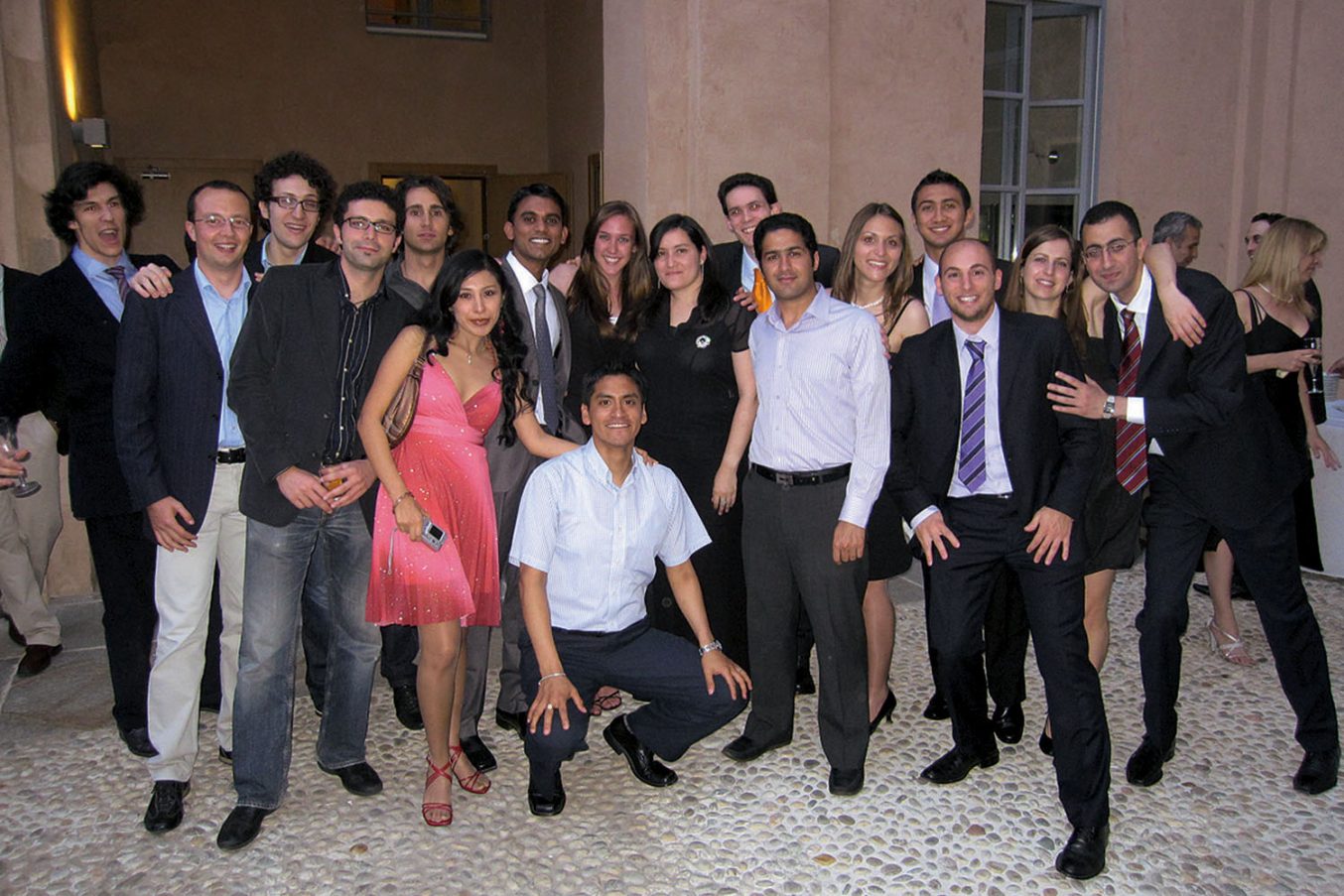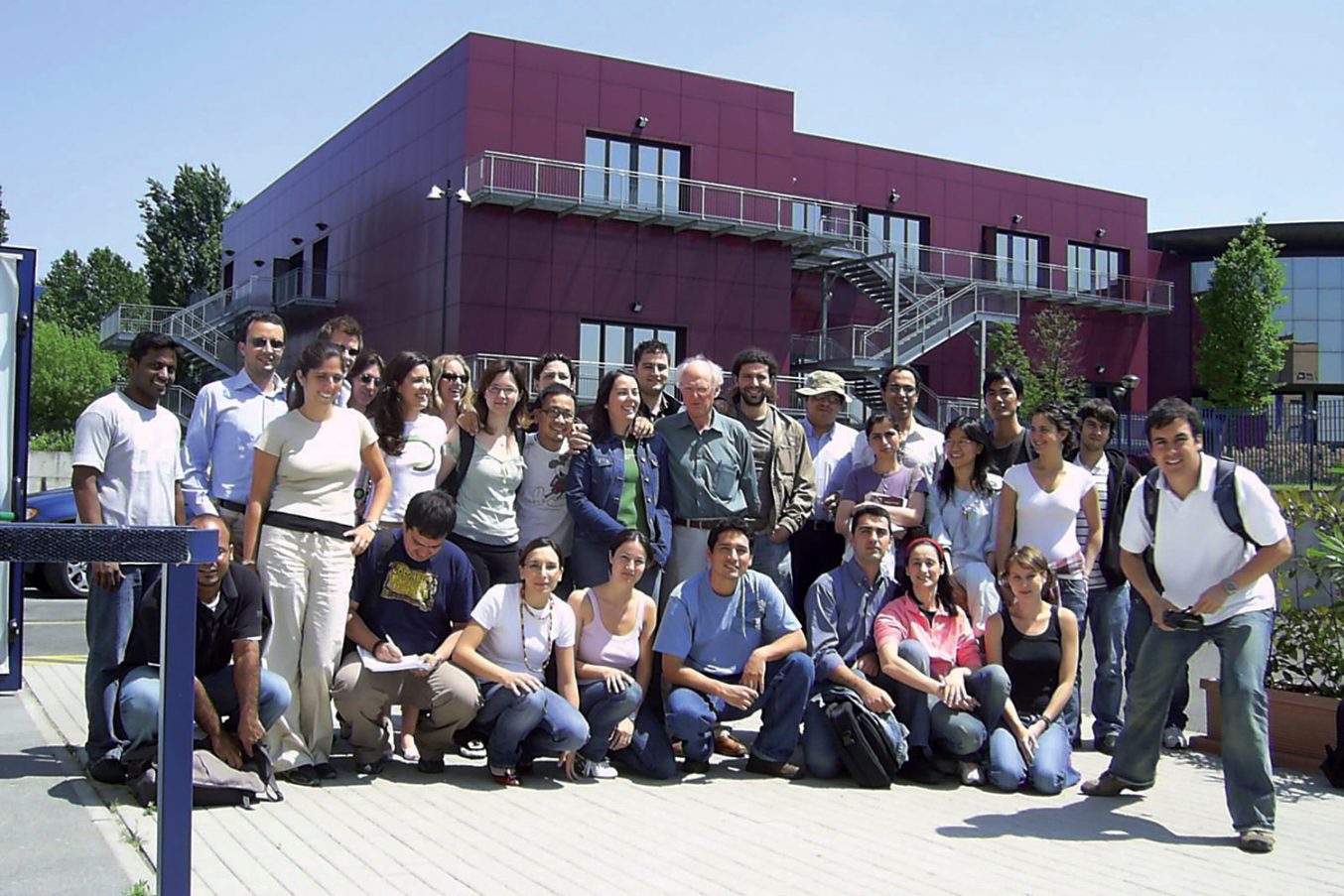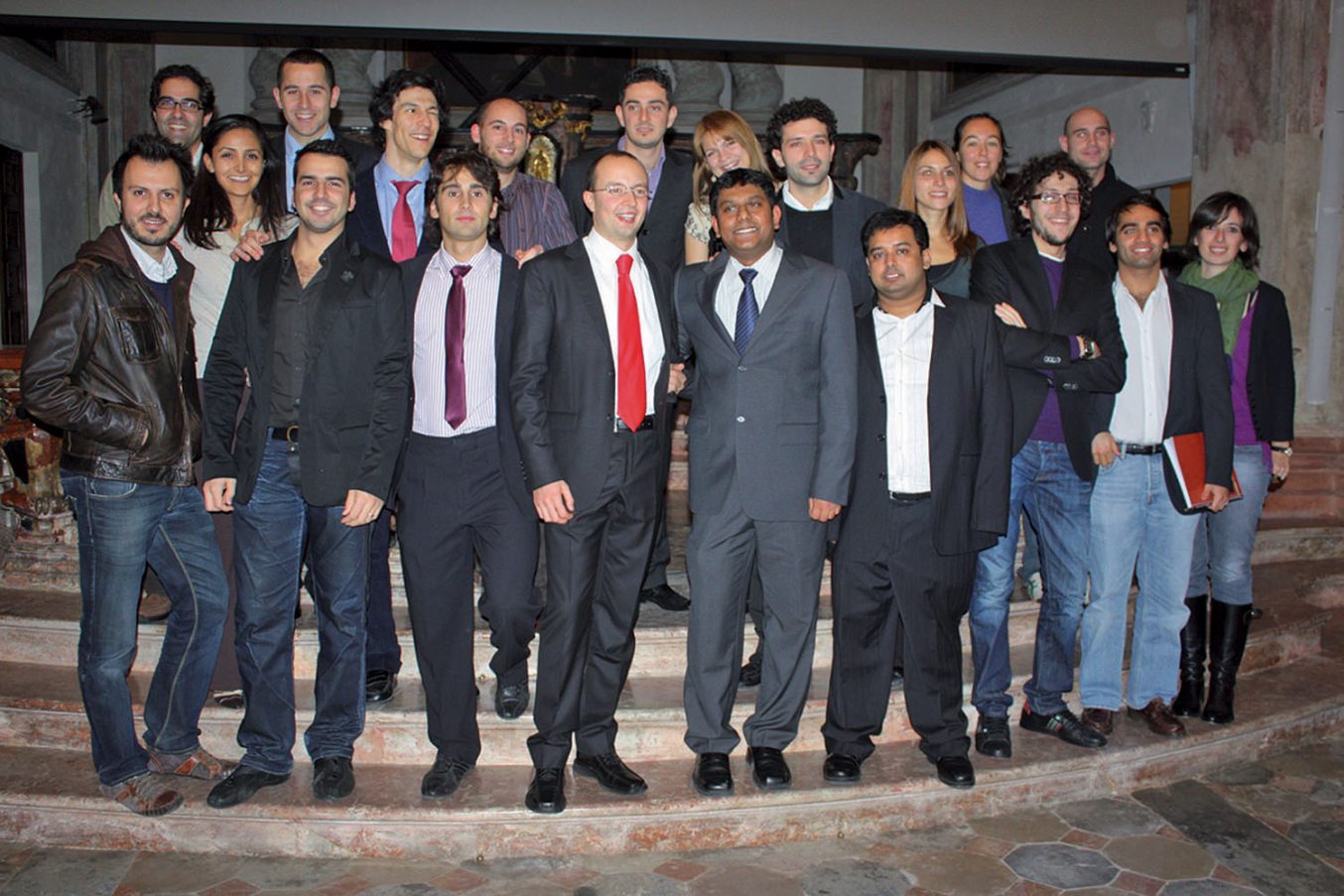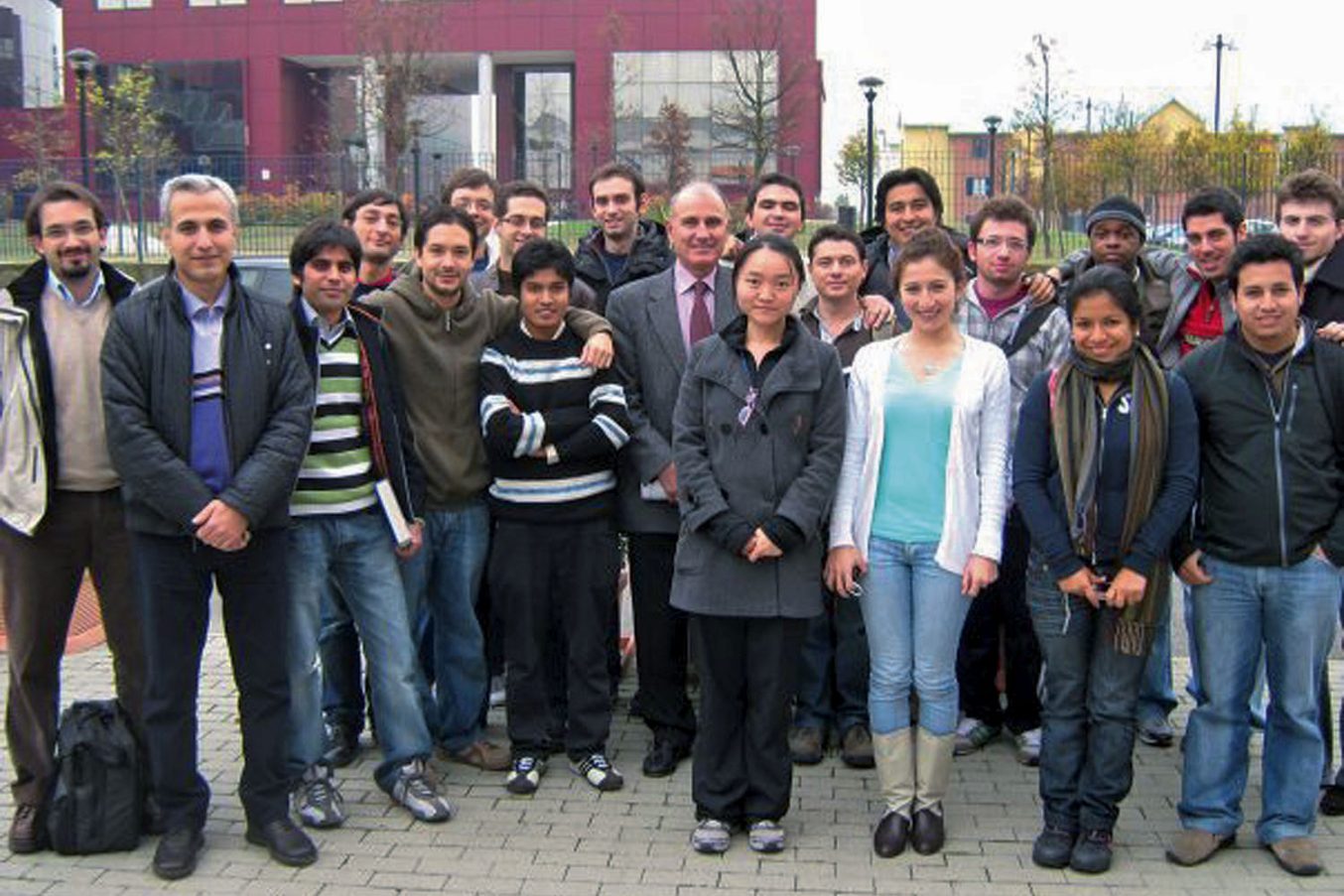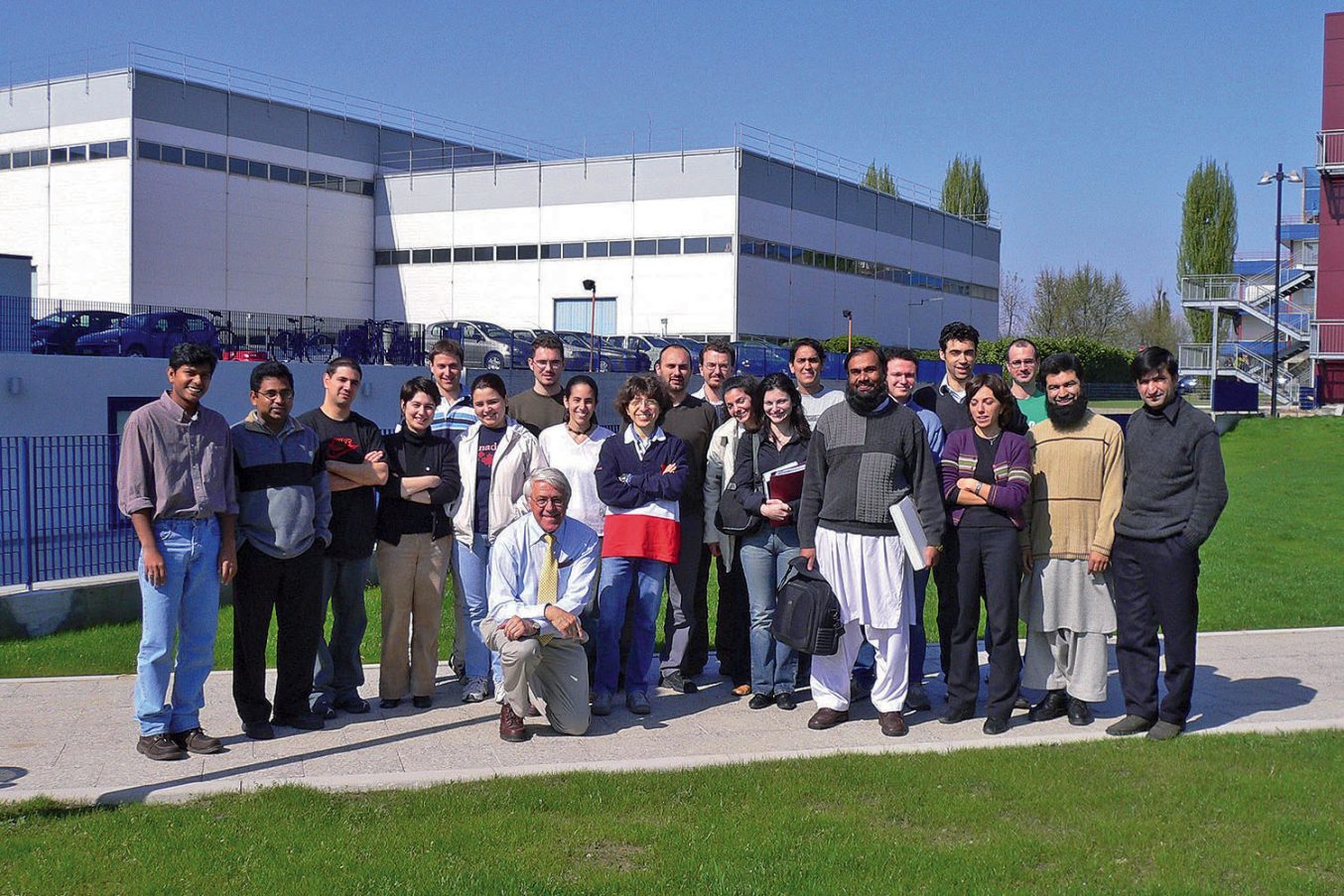Eucentre supports the University School for Advanced Studies IUSS of Pavia and the University of Pavia with the purpose of offering master and doctorate programmes in the field of assessment of uncertainties, risk mitigation and emergency management, with courses held by professors of the highest reputation from all over the world. Eucentre, in particular, supports the activities of the ROSE School, which provide a framework that enables students to understand how to prevent and manage extreme events. Since 2001, the School has welcomed over 600 students from 60 countries to participate in its programmes.
ROSE Master Programme
ROSE PhD Programme
Created in 2001, the ROSE doctoral programme of the ROSE School (European School for Advanced Studies in Reduction of Seismic Risk) is focused on earthquake engineering research for mitigation of seismic risk. In 2011, the ROSE School’s scope for assessing and mitigating risk broadened to include other types of hazards, such as flood and chemical, and resulted in the ROSE doctoral programme being included as one of the training and research branches of the UME (Understanding and Managing Extremes) doctoral programme. The original ROSE School programme thus became the ROSE Curriculum and maintained its strong focus on the reduction of seismic risk alongside the new NatRisk Curriculum (Hydrometeorological, Geological, Chemical and Environmental Risk) which addressed a broad variety of subjects. The main objective was the assessment and mitigation of seismic and other risks due to natural hazards, to provide a system within which candidates could study, understand and manage the consequences of extreme events.
The academic activities of the ROSE School doctoral programme cover a wide range of subjects in the form of:
- one-month intensive courses offered together with the ROSE MSc Programme;
- an international Seminar held each year, around May-June;
- one-week short courses;
- occasional individual seminars by invited speakers throughout the year.
These activities have a long tradition of fostering advanced research, education and training at an international level.
 Eucentre is a non-profit private law foundation whose mission is to conduct research and provide training and services in earthquake and safety engineering
Eucentre is a non-profit private law foundation whose mission is to conduct research and provide training and services in earthquake and safety engineering  Eucentre promotes science, research and innovation for the benefit of the community, offering targeted methodologies and concrete solutions for prevention, safety and resilience. It collaborates with institutions and companies to disseminate competencies for the common good.
Eucentre promotes science, research and innovation for the benefit of the community, offering targeted methodologies and concrete solutions for prevention, safety and resilience. It collaborates with institutions and companies to disseminate competencies for the common good. Eucentre conducts earthquake engineering research and risk reduction studies via laboratory testing and numerical analysis to enhance seismic performance and develop innovative solutions
Eucentre conducts earthquake engineering research and risk reduction studies via laboratory testing and numerical analysis to enhance seismic performance and develop innovative solutions  Eucentre carries out research activities in earthquake engineering and risk reduction through laboratory testing and numerical analysis, aiming to improve the seismic performance of structures and soils and to develop innovative seismic retrofitting techniques.
Eucentre carries out research activities in earthquake engineering and risk reduction through laboratory testing and numerical analysis, aiming to improve the seismic performance of structures and soils and to develop innovative seismic retrofitting techniques. The Foundation promotes diverse and high-quality training activities aimed at academic and professional contexts, with constantly updated and innovative programs and initiatives designed to meet the evolving needs of the sector and society
The Foundation promotes diverse and high-quality training activities aimed at academic and professional contexts, with constantly updated and innovative programs and initiatives designed to meet the evolving needs of the sector and society  Eucentre ensures communication aimed at informing institutions, professionals, and citizens about ongoing activities and projects, with the goal of disseminating useful and accessible content and knowledge. It contributes to promoting a shared and informed culture of prevention and resilience.
Eucentre ensures communication aimed at informing institutions, professionals, and citizens about ongoing activities and projects, with the goal of disseminating useful and accessible content and knowledge. It contributes to promoting a shared and informed culture of prevention and resilience.
